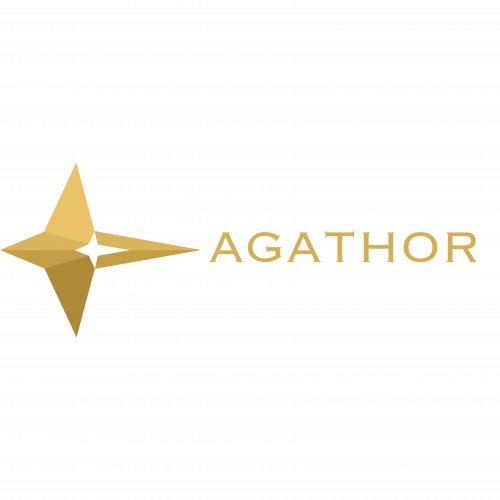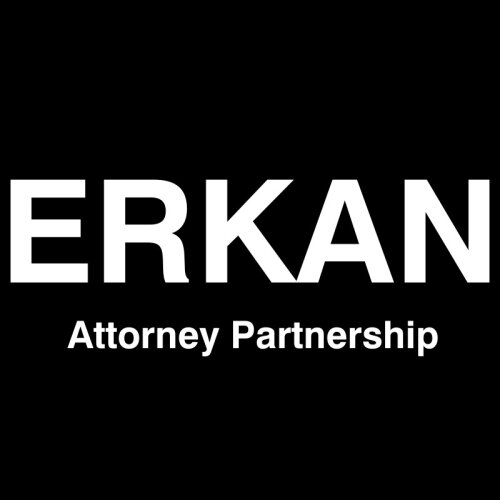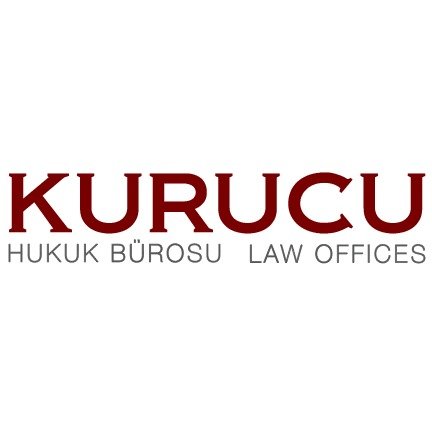Best Tax Increment Financing Lawyers in Ankara
Share your needs with us, get contacted by law firms.
Free. Takes 2 min.
List of the best lawyers in Ankara, Turkey
About Tax Increment Financing Law in Ankara, Turkey
Tax Increment Financing (TIF) in Ankara, Turkey, is a financial tool used by local governments to promote urban development and infrastructure projects within designated areas, known as TIF districts. These districts leverage future tax revenues expected from the increased property values resulting from the developments. The additional tax revenue generated by the increment in value is then used to finance the necessary improvements. Although a widely used mechanism in various countries, its adaptation in Turkey, including Ankara, has been more recent as a way to stimulate local development and improve infrastructure, making it imperative for stakeholders to understand the legal landscape.
Why You May Need a Lawyer
There are several common scenarios in which individuals and businesses might require legal guidance on issues of Tax Increment Financing:
- **Understanding TIF Agreements:** Navigating the complexities of TIF agreements can be challenging, especially if you're unfamiliar with legal and financial jargon.
- **Compliance and Regulation:** Ensuring compliance with local laws and regulations to avoid penalties is crucial for developers and investors.
- **Dispute Resolution:** Engaging legal advice for any disputes or litigations arising from TIF projects can protect your interests.
- **Strategic Planning:** Lawyers can assist in strategic planning and implementation of TIF projects, ensuring they align with municipal goals.
Local Laws Overview
The legal framework for Tax Increment Financing in Ankara is influenced by several key aspects:
- **Designation of TIF Districts:** Local government authorities are responsible for designating and approving TIF districts based on potential for development and infrastructure needs.
- **Project Approval Process:** Proposals for projects within TIF districts must undergo a rigorous approval process to ensure alignment with urban planning strategies.
- **Financial Management:** TIF funds management has strict guidelines to ensure they are used for intended development purposes, and not diverted elsewhere.
- **Oversight and Transparency:** Regular audits and reviews are conducted to maintain accountability and transparency throughout the lifecycle of TIF projects.
Frequently Asked Questions
What is Tax Increment Financing (TIF)?
TIF is a public financing method used for infrastructure and development improvements, where future tax revenues expected from increases in property values fund current development costs.
Who can initiate a TIF project in Ankara?
TIF projects can be initiated by local government authorities, often in collaboration with private developers, to stimulate development in underserved or underdeveloped areas.
How are TIF districts designated in Ankara?
Local government units assess areas based on specific criteria, such as infrastructure needs and potential for economic growth, before designating them as TIF districts.
What costs can TIF funds cover?
TIF funds can be used for a variety of public improvements, including infrastructure upgrades, roadworks, utilities, and public spaces, depending on the project scope.
Are there any risks associated with TIF?
While TIF has potential benefits, risks may include overreliance on projected revenues, changes in economic conditions, or mismanagement of funds.
How long does it take for a TIF project to be approved?
The approval process can vary, typically involving extensive planning, review, and consultation phases, and may take several months.
Can businesses within a TIF district receive any direct benefits?
Businesses within a TIF district may benefit from improved infrastructure and increased customer traffic resulting from the area's development.
What happens if a TIF project fails to generate expected revenue?
If revenues do not meet expectations, municipalities may need to reassess or alter development plans to address potential shortfalls.
Is legal representation mandatory for engaging in TIF projects?
While not mandatory, engaging legal representation is advisable to navigate the complexities and ensure compliance with local laws.
Can TIF funds be used for private developments?
TIF funds are typically reserved for public improvements, though they can indirectly support private developments by enhancing infrastructure that benefits the area.
Additional Resources
For those seeking further information and assistance, consider exploring these resources:
- **Ankara Metropolitan Municipality:** Provides information on local government policies and guidelines regarding TIF.
- **Regional Chambers of Commerce:** Often offer advice and support for businesses looking to engage in development projects.
- **Urban Development Agencies:** Can provide insights into strategic planning and urban development initiatives.
- **Legal and Financial Advisors:** Specialist firms can offer professional guidance tailored to TIF-related legal and financial issues.
Next Steps
If you require legal assistance in Tax Increment Financing in Ankara, consider the following steps:
- **Engage with Local Experts:** Contact local legal professionals specializing in real estate and public finance to provide tailored advice.
- **Conduct Thorough Research:** Understand the specifics of your potential TIF project and the applicable legal requirements to make informed decisions.
- **Consult Government Agencies:** Reach out to relevant government bodies for guidance on regulations and compliance related to TIF projects.
- **Ensure Compliance:** Work with your lawyer to ensure all aspects of your TIF project comply with regional laws and regulations.
Lawzana helps you find the best lawyers and law firms in Ankara through a curated and pre-screened list of qualified legal professionals. Our platform offers rankings and detailed profiles of attorneys and law firms, allowing you to compare based on practice areas, including Tax Increment Financing, experience, and client feedback.
Each profile includes a description of the firm's areas of practice, client reviews, team members and partners, year of establishment, spoken languages, office locations, contact information, social media presence, and any published articles or resources. Most firms on our platform speak English and are experienced in both local and international legal matters.
Get a quote from top-rated law firms in Ankara, Turkey — quickly, securely, and without unnecessary hassle.
Disclaimer:
The information provided on this page is for general informational purposes only and does not constitute legal advice. While we strive to ensure the accuracy and relevance of the content, legal information may change over time, and interpretations of the law can vary. You should always consult with a qualified legal professional for advice specific to your situation.
We disclaim all liability for actions taken or not taken based on the content of this page. If you believe any information is incorrect or outdated, please contact us, and we will review and update it where appropriate.

















